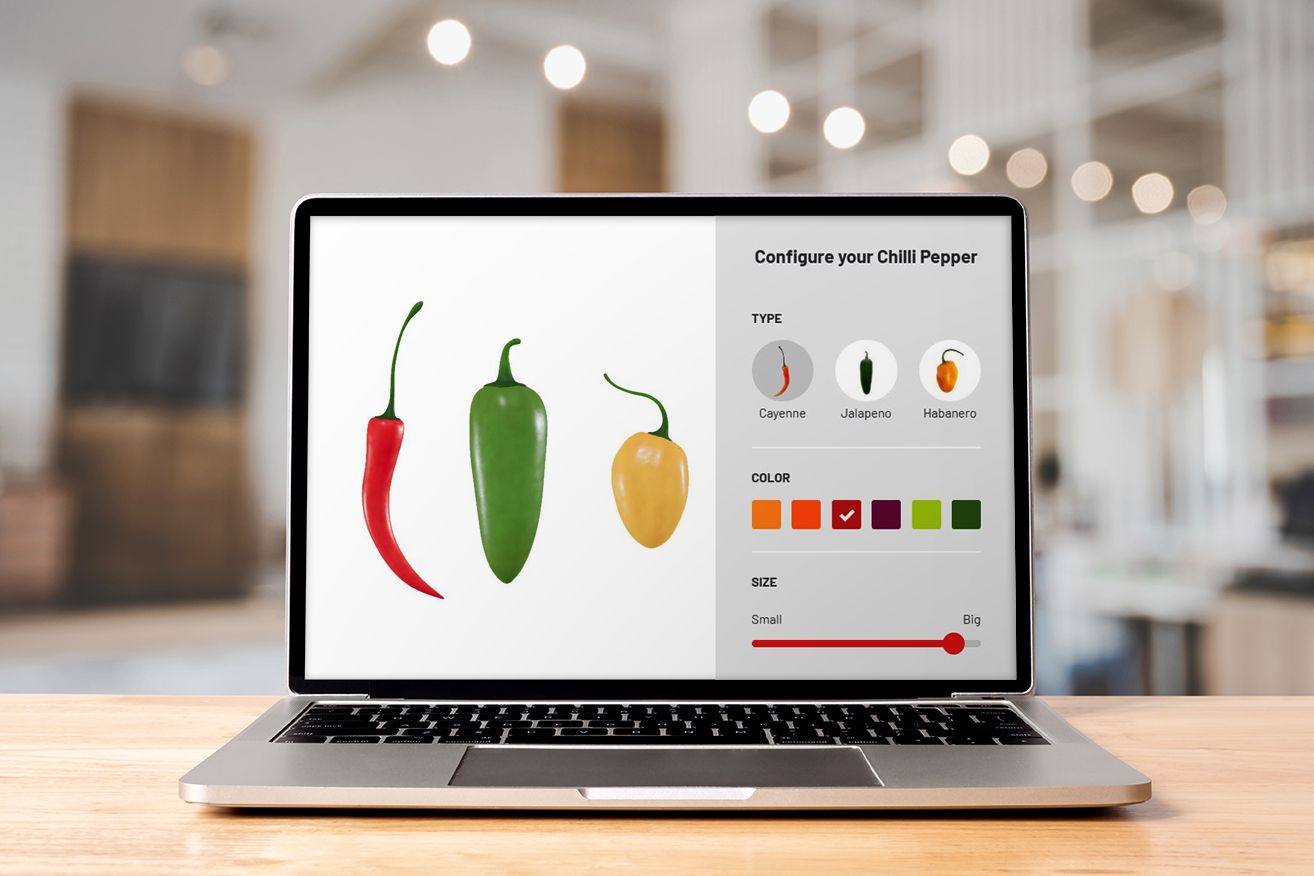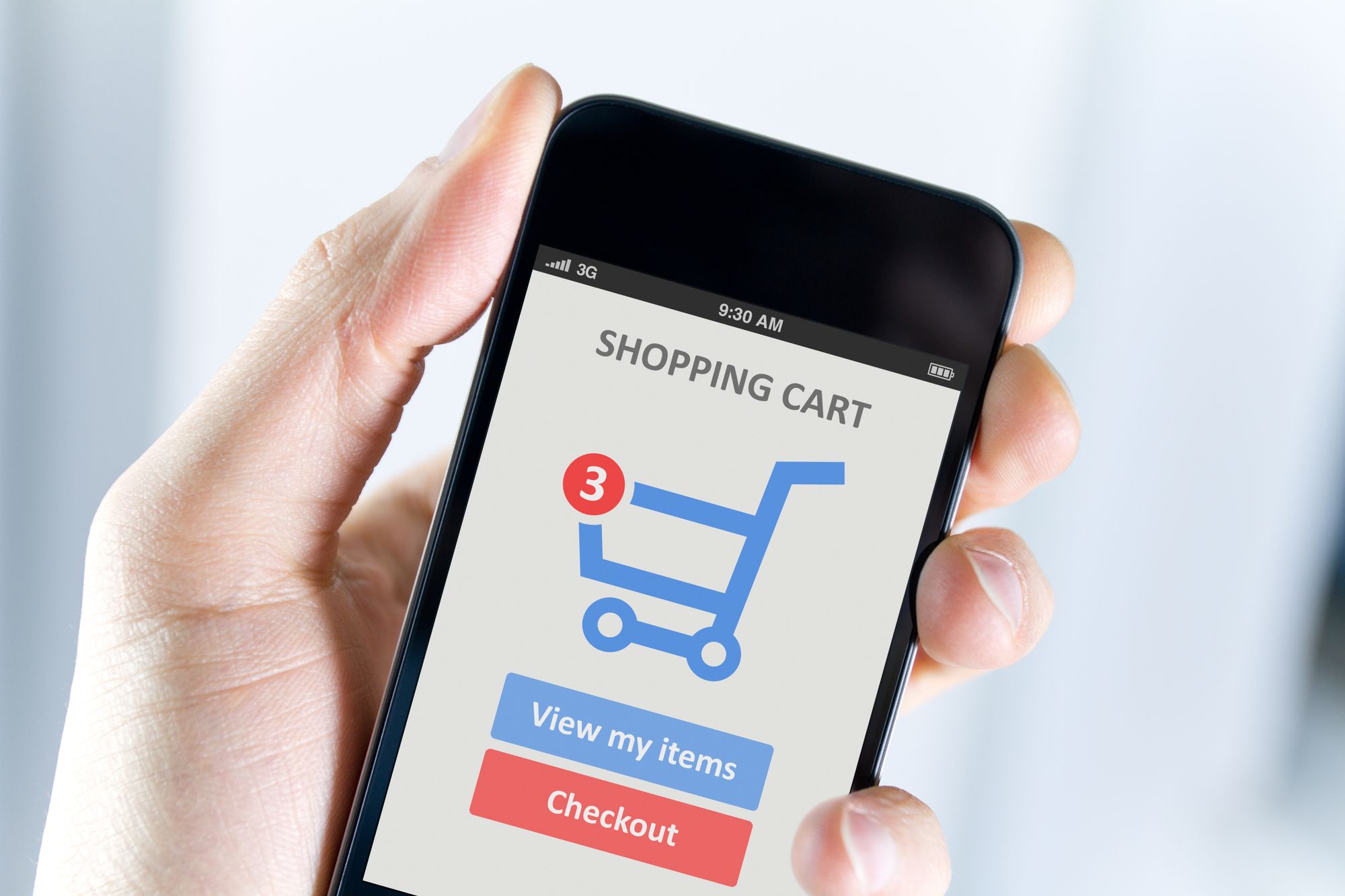
The Art of Personalization: Tailoring User Experience in DTC Brands
Personalized experiences drive customer loyalty for DTC brands. Learn how to implement effective personalization strategies.
Table of Contents
Personalization is the act of tailoring content, recommendations, and interactions to the individual needs and preferences of a user. It is an important aspect of the user experience, as it helps users to find the information and products they are most likely to be interested in, and to feel valued and appreciated by the brands they interact with.
Types of Personalization
Personalized experiences are essential for DTC brands to succeed in today's competitive market. By tailoring the content, products, and marketing campaigns that they present to each individual customer, DTC brands can create more engaging and relevant experiences that drive customer satisfaction, loyalty, and retention.
Content Personalization
Content personalization is the process of tailoring the content that is presented to a user based on their interests and preferences. This can be done in a variety of ways, such as:
- Homepage personalization: DTC brands can personalize their homepage to show users different products and content based on their past browsing behavior and purchase history. For example, a DTC clothing brand might show a user who has recently browsed for dresses on the homepage.
- Product page personalization: DTC brands can personalize product pages to show users different information and recommendations based on their interests and preferences. For example, a DTC sneaker brand might show a user who has previously purchased running shoes recommendations for other running shoes and accessories.
- Personalized email marketing: DTC brands can send personalized email marketing campaigns to users based on their interests and preferences. For example, a DTC beauty brand might send a user who has previously purchased lipstick a campaign with recommendations for other lipstick shades and colors.
Personalized Marketing
Personalized marketing is the process of using customer data to create targeted and relevant marketing campaigns. This can be done in a variety of ways, such as:
- Personalized ad targeting: DTC brands can use customer data to target their ads to specific users on social media and other platforms. For example, a DTC fitness brand might target users who have shown an interest in fitness on social media with ads for their products.
- Personalized retargeting: DTC brands can use customer data to retarget users who have abandoned their shopping carts or visited their website but not made a purchase. For example, a DTC electronics brand might send an abandoned cart email to a user who has added a laptop to their cart but not checked out.
- Personalized loyalty programs: DTC brands can create personalized loyalty programs to reward customers for their engagement. For example, a DTC skincare brand might offer customers loyalty points for every purchase they make, which can then be redeemed for discounts or exclusive products.
Product Recommendations
Product recommendations are a type of content personalization that involves suggesting products to users based on their interests and preferences. This can be done in a variety of ways, such as:
- Recommended products on product pages: DTC brands can show users recommended products on product pages. For example, a DTC clothing brand might show a user who is viewing a dress recommendations for other dresses, shoes, and accessories that go with that dress.
- Recommended products in email marketing campaigns: DTC brands can include recommended products in their email marketing campaigns. For example, a DTC beauty brand might include a section in their email newsletter with recommended products for the user.
- Recommended products on the homepage: DTC brands can show users recommended products on their homepage. For example, a DTC electronics brand might show a user who has recently browsed for laptops recommendations for other laptops and accessories.
Product Customizations
Product customizations are a type of product personalization that allows users to tailor products to their individual needs and preferences. This can be done in a variety of ways, such as:
- Product configurators: DTC brands can use product configurators to allow users to customize the design of their products. For example, a DTC sneaker brand might allow users to choose the colors, materials, and features of their sneakers.
- Custom printing: DTC brands can offer custom printing services to allow users to print their own designs on products. For example, a DTC clothing brand might allow users to print their own photos or designs on t-shirts and hoodies.
- Personalized gift wrapping: DTC brands can offer personalized gift wrapping services to allow users to customize the gift wrapping for their orders. For example, a DTC beauty brand might allow users to add a personalized message to the gift wrapping for their orders.
Content personalization and product personalization are two important ways that DTC brands can create more engaging and relevant experiences for their customers. By tailoring the content and products that they present to each individual customer, DTC brands can increase customer satisfaction, loyalty, and retention.

Strategies for Effective Personalization
There are a number of strategies that DTC brands can use to implement effective personalization. These include:
- Utilizing customer data: DTC brands can collect customer data through a variety of sources, such as website visits, purchase history, and email marketing campaigns. This data can be used to gain insights into customer preferences and behaviors, which can then be used to personalize the user experience.
- Segmenting audience: DTC brands can segment their audience into different groups based on their demographics, interests, and purchase behavior. This allows them to create more targeted and relevant personalization experiences.
- A/B testing: DTC brands can use A/B testing to experiment with different personalization strategies and measure their impact on user engagement and conversion rates. This helps them to optimize their personalization efforts over time.
Impact on Customer Loyalty and Retention
Personalized experiences can have a significant impact on customer loyalty and retention. When users feel that a brand understands their needs and preferences, they are more likely to continue interacting with that brand and making purchases.
Here are some specific ways in which personalization can impact customer loyalty and retention:
- Enhanced customer satisfaction: Personalized experiences make customers feel valued and appreciated. This can lead to increased customer satisfaction, which is a key driver of loyalty.
- Increased customer lifetime value: Customers who are more engaged with a brand are more likely to make repeat purchases. This can lead to increased customer lifetime value, which is the total revenue that a customer is expected to generate over the course of their relationship with a brand.
Personalization is an essential strategy for DTC brands that want to create a superior user experience and build long-lasting customer relationships. By leveraging data and technology, DTC brands can tailor their content, recommendations, and interactions to the individual needs and preferences of each user. This can lead to enhanced customer satisfaction, increased customer lifetime value, and stronger customer loyalty.

Future of Personalization in DTC Brands
The future of personalization in DTC brands is bright. As DTC brands collect more data about their customers and develop more sophisticated personalization technologies, they will be able to create even more tailored and relevant experiences for their users.
For example, DTC brands are increasingly using artificial intelligence (AI) to power their personalization efforts. AI can be used to analyze customer data and identify patterns that would be difficult or impossible for humans to detect. This allows DTC brands to create more personalized experiences that are tailored to the unique needs and preferences of each individual customer.
Another trend in personalization is the use of omnichannel personalization. This involves creating a seamless and consistent personalized experience across all channels, such as the website, email, social media, and brick-and-mortar stores. This allows DTC brands to create a more cohesive and engaging customer experience.
Overall, the future of personalization in DTC brands is very promising. As DTC brands continue to invest in data and technology, they will be able to create more personalized experiences that drive customer satisfaction, loyalty, and retention.










